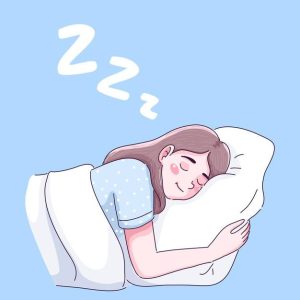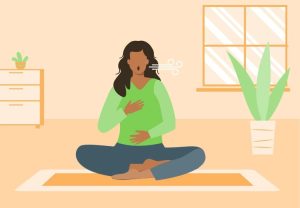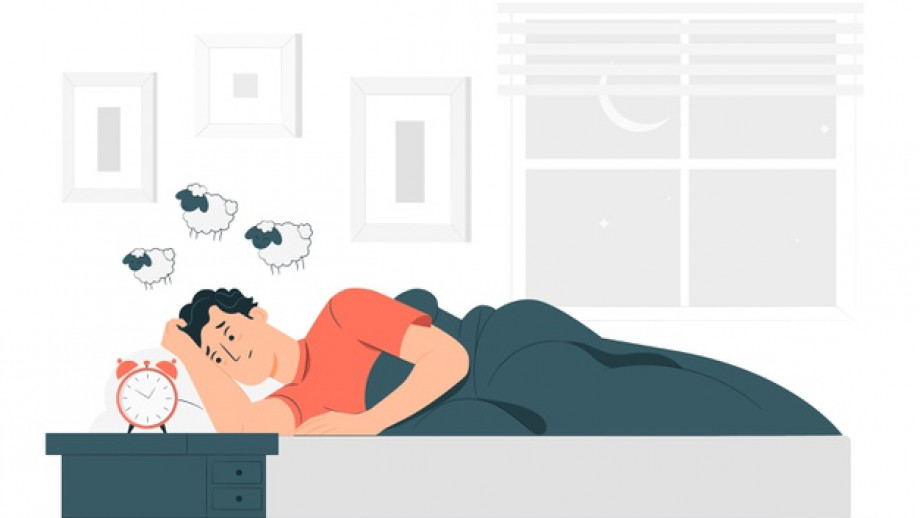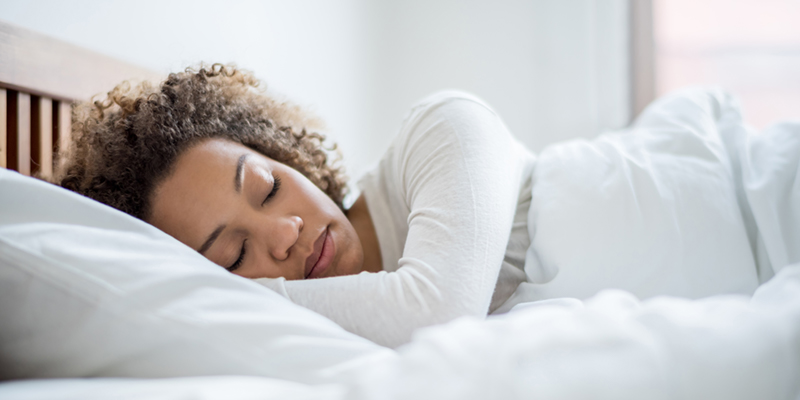It is crucial not just for better sleep and comfort at night, but also for maintaining the rhythm of a variety of biological activities such as digestion, hormone regulation, and body temperature. Get up at the same time every morning to get into the habit of sleeping better. You want to get up at the same time every day since the body functions best when it follows a constant rhythm. Here’s why it’s a good idea for so many health and happiness reasons, regardless of whether you have to, and how to make it happen if just thinking about it makes you tired.
To sleep better at night naturally

Getting up at the same time every morning can help you sleep better at night and make getting out of bed simpler. The system that regulates your sleep-wake cycle is your body clock, often known as your circadian rhythm. It is mainly reliant on cues from your surroundings. That is why light makes you feel attentive and awake, while darkness makes you feel asleep. As you wake up, the light informs your body it’s morning, which means it’s time to get out of bed and start your day. You’re essentially programming your body for greater sleep by opening your eyes like clockwork every morning.
Having that light cue at the same time every morning will go a long way toward stabilizing your 24-hour clock. With time, your body will instinctively know when to release melatonin—a hormone that induces sleepiness—at night and when to cease generating it in the morning, making it simpler to sleep well at night and wake up refreshed.
- Advertisement -
Sleep better- Your Body clock
Inconsistent wake-up hours can throw off your body clock. If you wake up at various times every day, or even if you have a fairly steady sleep routine throughout the week but sleep in on weekends, your brain will become confused and begin to release melatonin at odd hours. It’s similar to continuously changing time zones and becoming jet-lagged. If your wake-up hours are inconsistent, it will be more difficult to get a decent night’s sleep and you may have difficulty concentrating the next day. It may take some practice and dedication to develop the habit of waking up at the same time every day.

As you’re adjusting to your new rise regimen, and attempting not to stay beneath the sheets until you’re truly awake. If you have trouble getting out of bed, consider scheduling something to look forward to once you do, such as a new flavor of coffee or your favorite podcast. It may take some effort to train your body to wake up at the same time every morning, but it is well worth the effort. As soon as you can after waking up, expose yourself to some light. Sit by a window, take tea on your porch or balcony; everything you can do to brighten your morning will most certainly help you control your mood.
How to manage your sleep schedule

You may be wondering whether it is more important to obtain adequate better sleep or to wake up on time. You don’t want to be sleep-deprived, but you also don’t want to be inconsistent.
Let yourself an hour to wiggle. If you generally get up at 8 a.m. but had a late night and want to sleep in, get up around 9 a.m. to avoid throwing your body clock off too much. If you’re still tired in the afternoon, schedule a 20- to 30-minute nap. If you can’t get a nap in, try relaxing or closing your eyes for 10 minutes. Just resting your brain can replenish and reenergize it without disrupting your circadian cycle.
Tips to Asleep instantly
Simple modifications to your sleeping regimen may assist you in falling asleep instantly. Cooling down the room, following the 4-7-8 breathing method, and avoiding screens before bedtime are a few ideas.
1. Reduce the temperature
As you sleep, your body temperature varies. As you lie down, your body cools down, and when you get up, it warms up. A warm bath or shower may also aid to speed up the body temperature changes. As your body cools down thereafter, this can send a signal to your brain to go to sleep.
2. Use the 4-7-8 breathing technique
This technique can help you relax and fall asleep easily. The steps are as follows:

- Put the tip of your tongue behind your top front teeth first
- Exhale thoroughly via your mouth, making a “whoosh” sound.
- Shut your mouth and take a deep breath through your nose while mentally counting to four
- Hold your breath while mentally counting to seven
- Exhale completely through your mouth, generating a “whoosh” sound and mentally counting to eight
- Rep this cycle at least three times more
3. Engage in yoga, meditation, and mindfulness exercises
Those who are stressed often have problems falling asleep. Yoga, meditation, and mindfulness are all techniques for calming the mind and relaxing the body. Furthermore, all of them have been demonstrated to improve sleep. Yoga promotes the practice of breathing patterns and body movements that relieve stress and tension in the body.
4. Avoid glancing at the time clock
It is common to wake up in the middle of the night. But, being unable to fall asleep again can ruin a good night’s sleep. Individuals who wake up in the middle of the night frequently worry over the fact that they can’t fall back asleep. Insomniacs frequently check their watches. This conduct may generate worry about sleep deprivation.

5. Be mindful on your Diet
It appears that the food you eat before going to bed may have an impact on your sleep. High-carbohydrate meals, for example, have been found in studies to be hazardous to a good night’s sleep. A high-carb diet may help you fall asleep sooner, but it will not provide you with comfortable sleep. Conversely, high-fat meals may encourage deeper and more comfortable sleep.
Following an unrestful night we’re slower and more sluggish. An irregular waking pattern can contribute to a variety of health difficulties over time; it can strain your heart, disrupt your metabolism, decrease immune function, and raise your risk of mental health disorders such as despair and anxiety. When your circadian cycle is disrupted, nothing in your body functions properly. Try to have a good night sleep with these tips.



